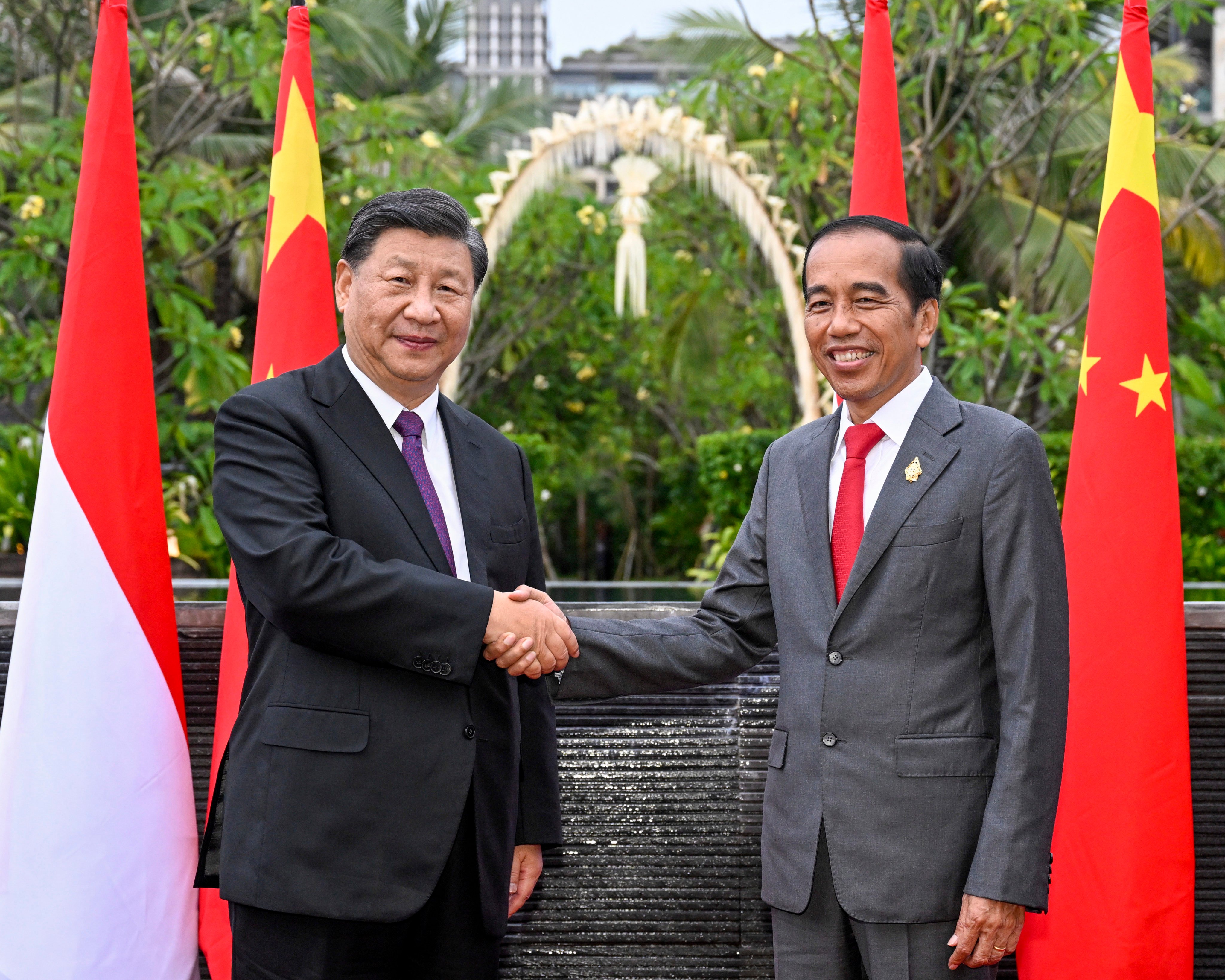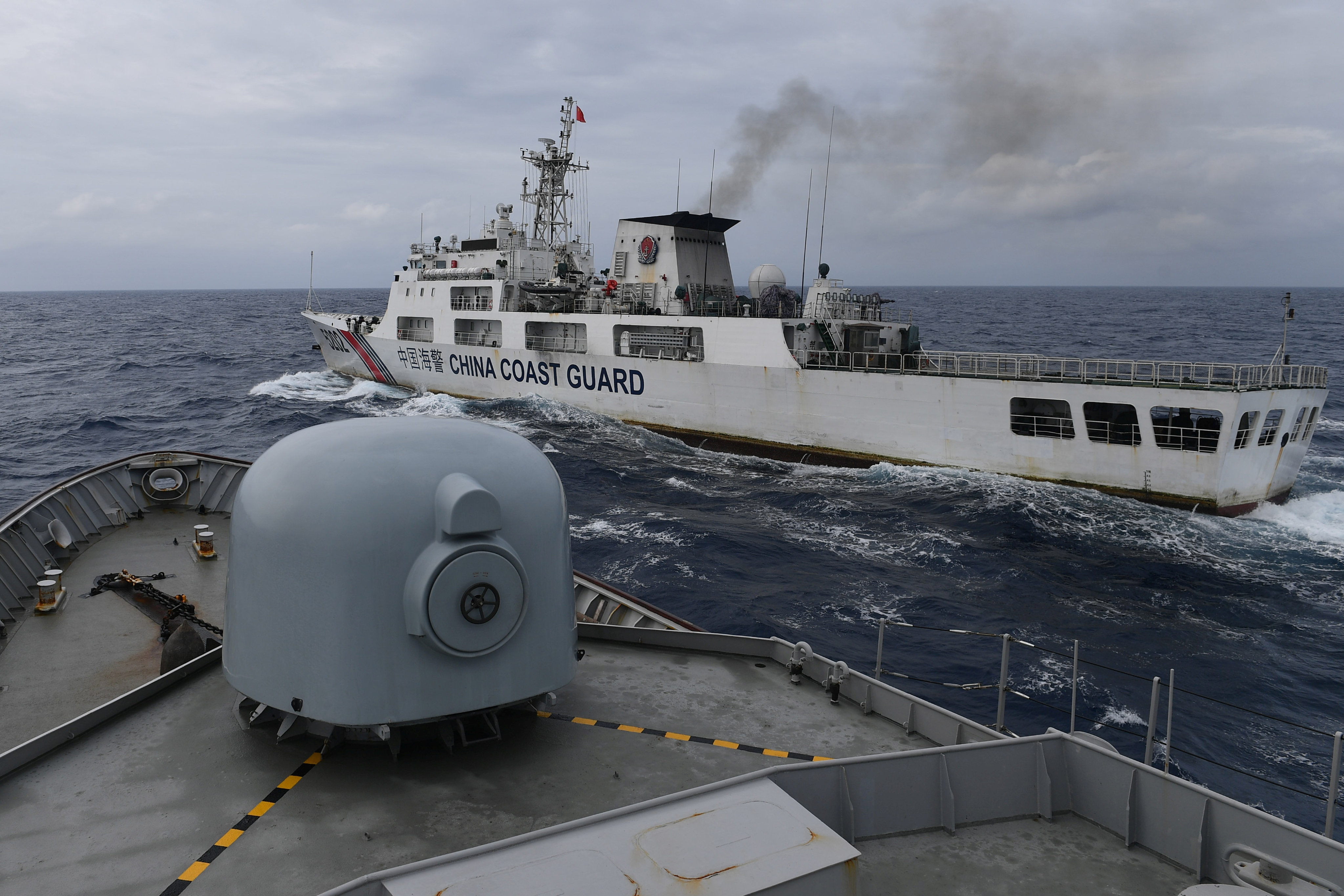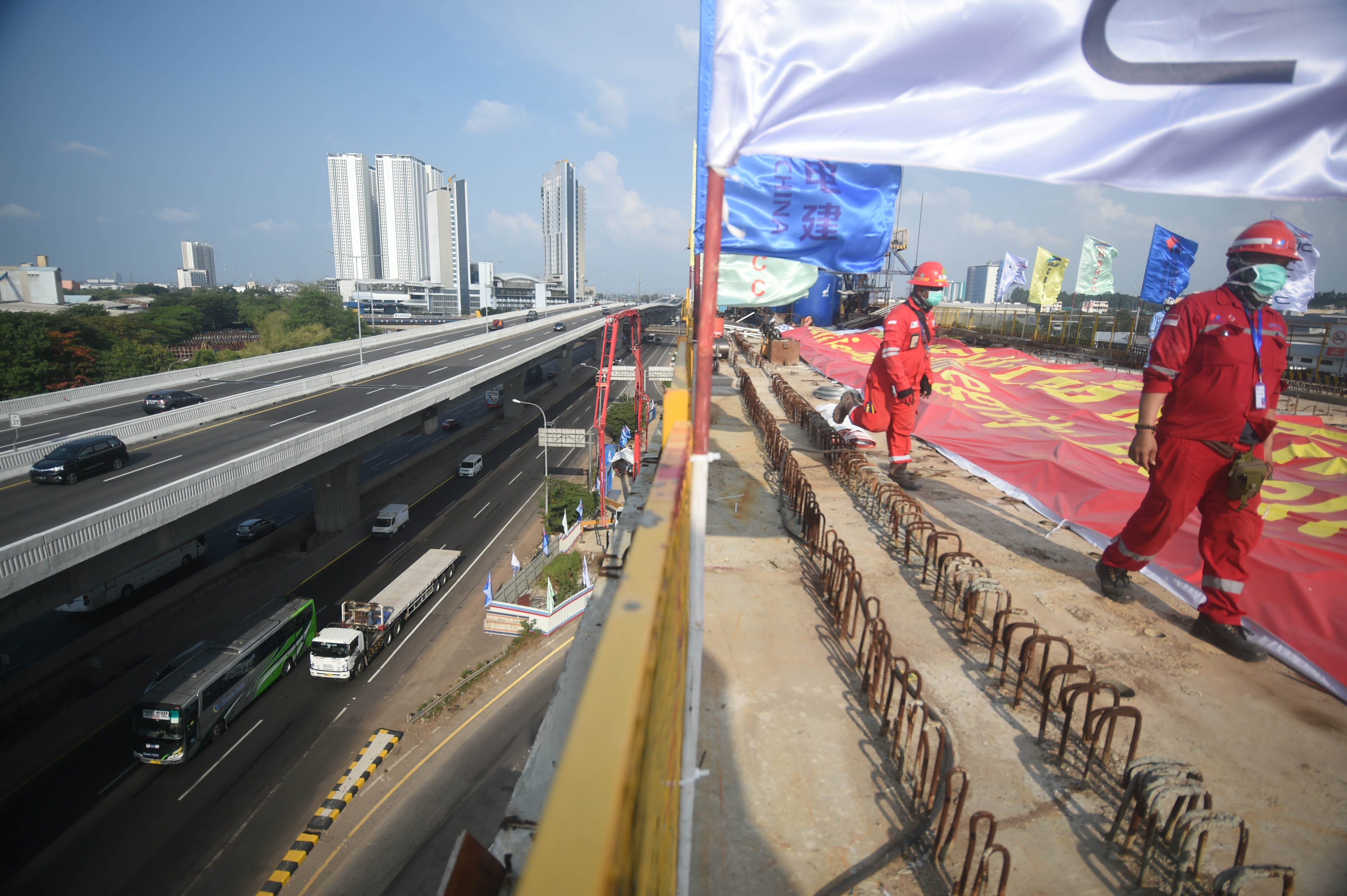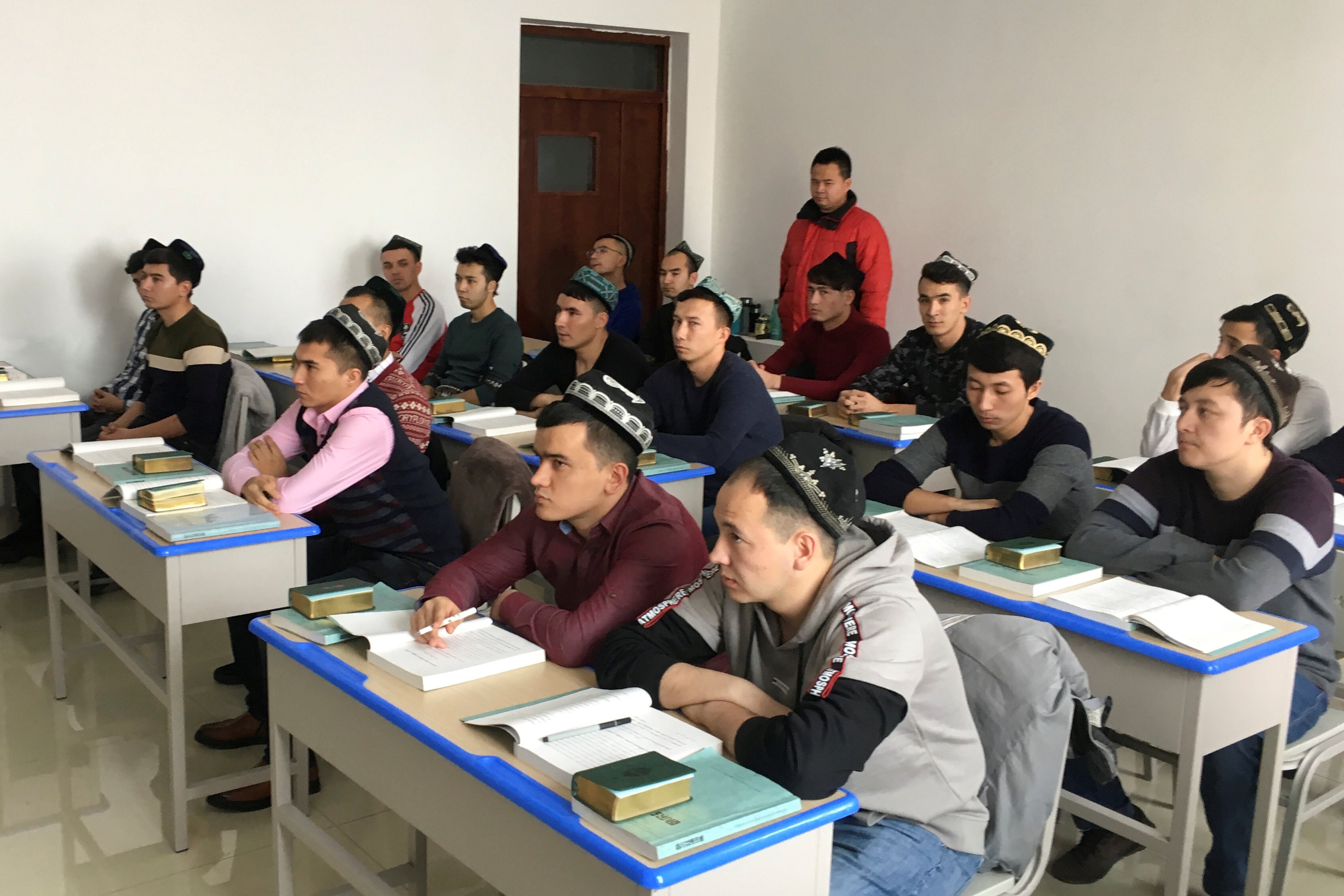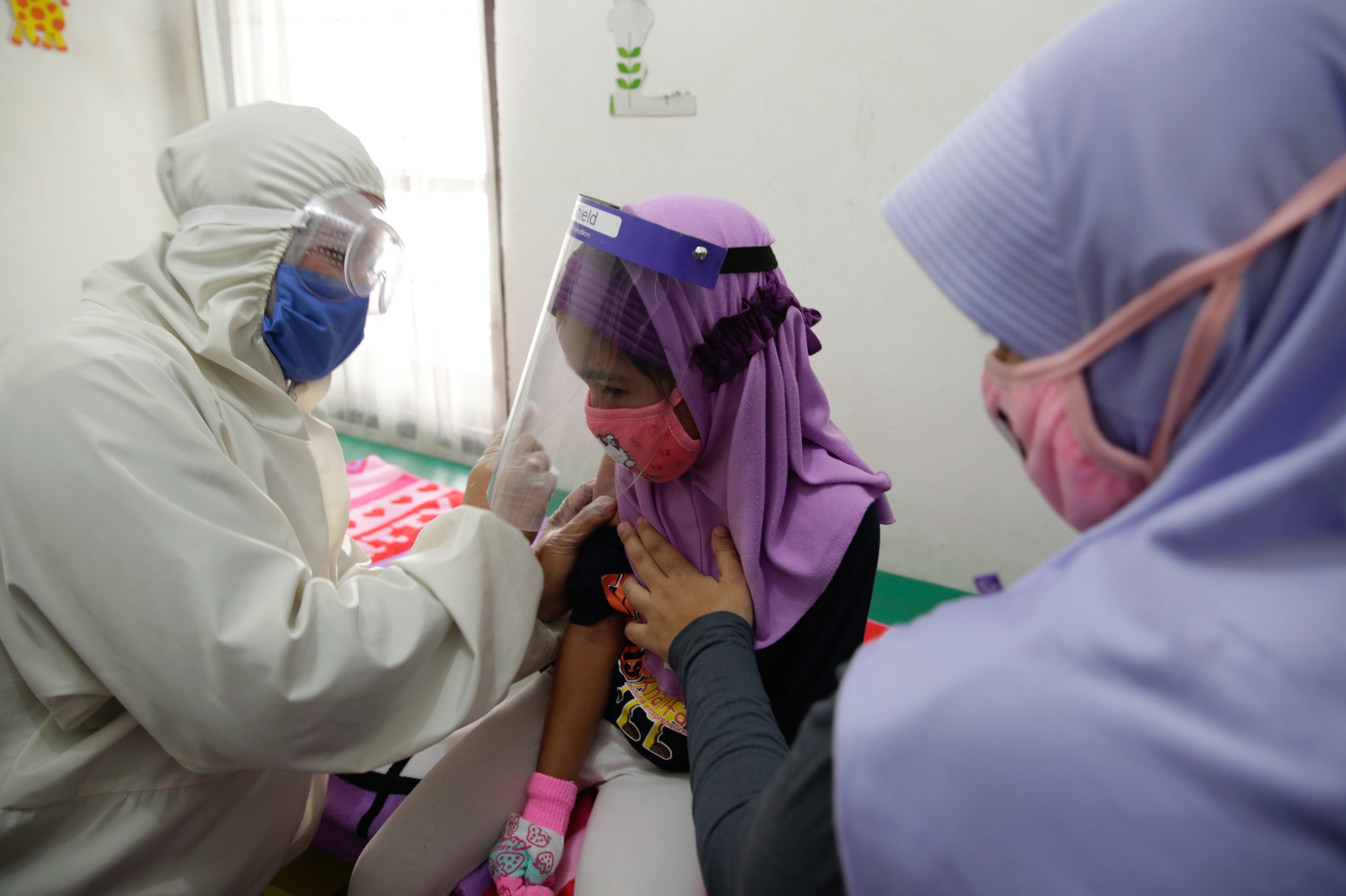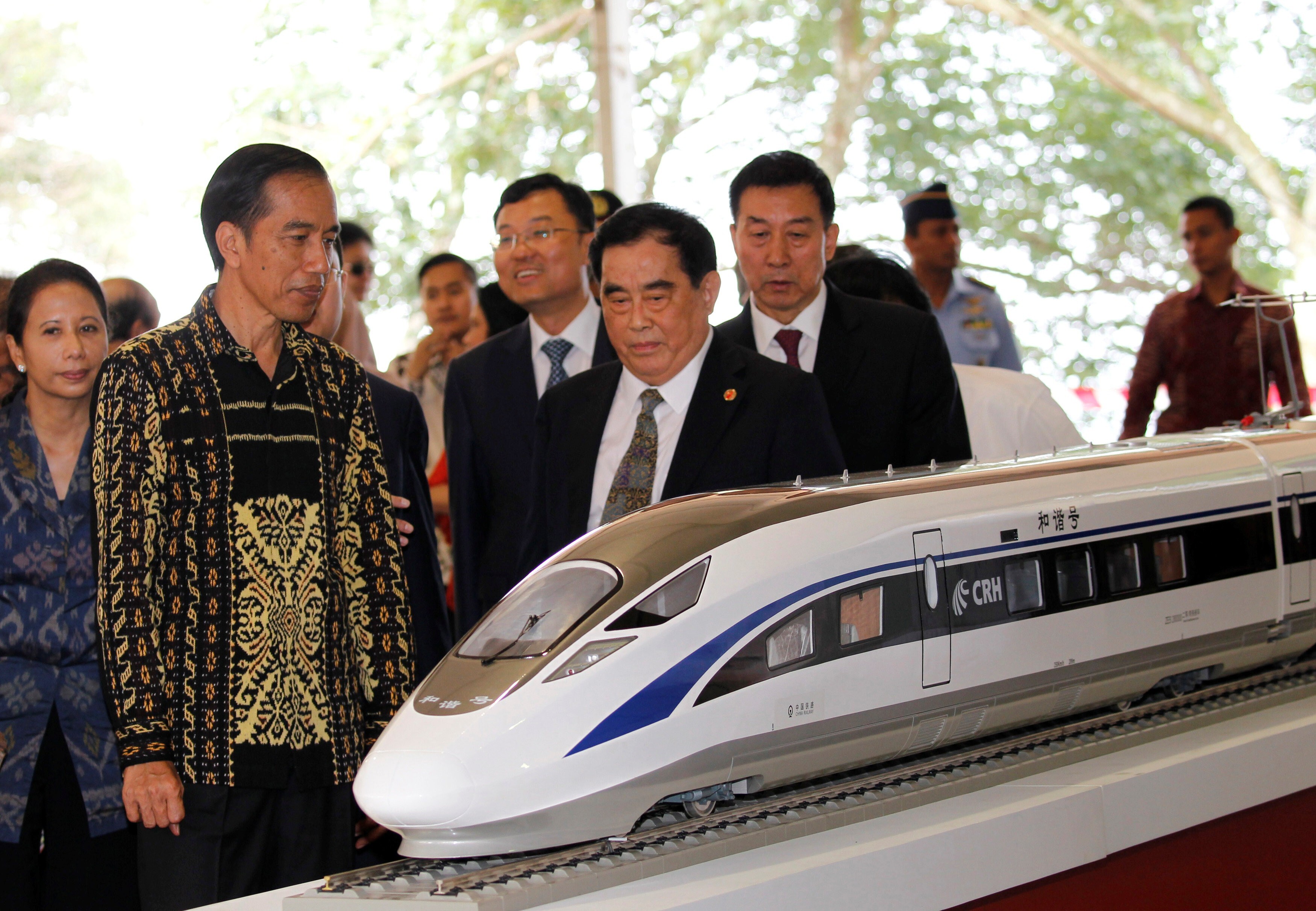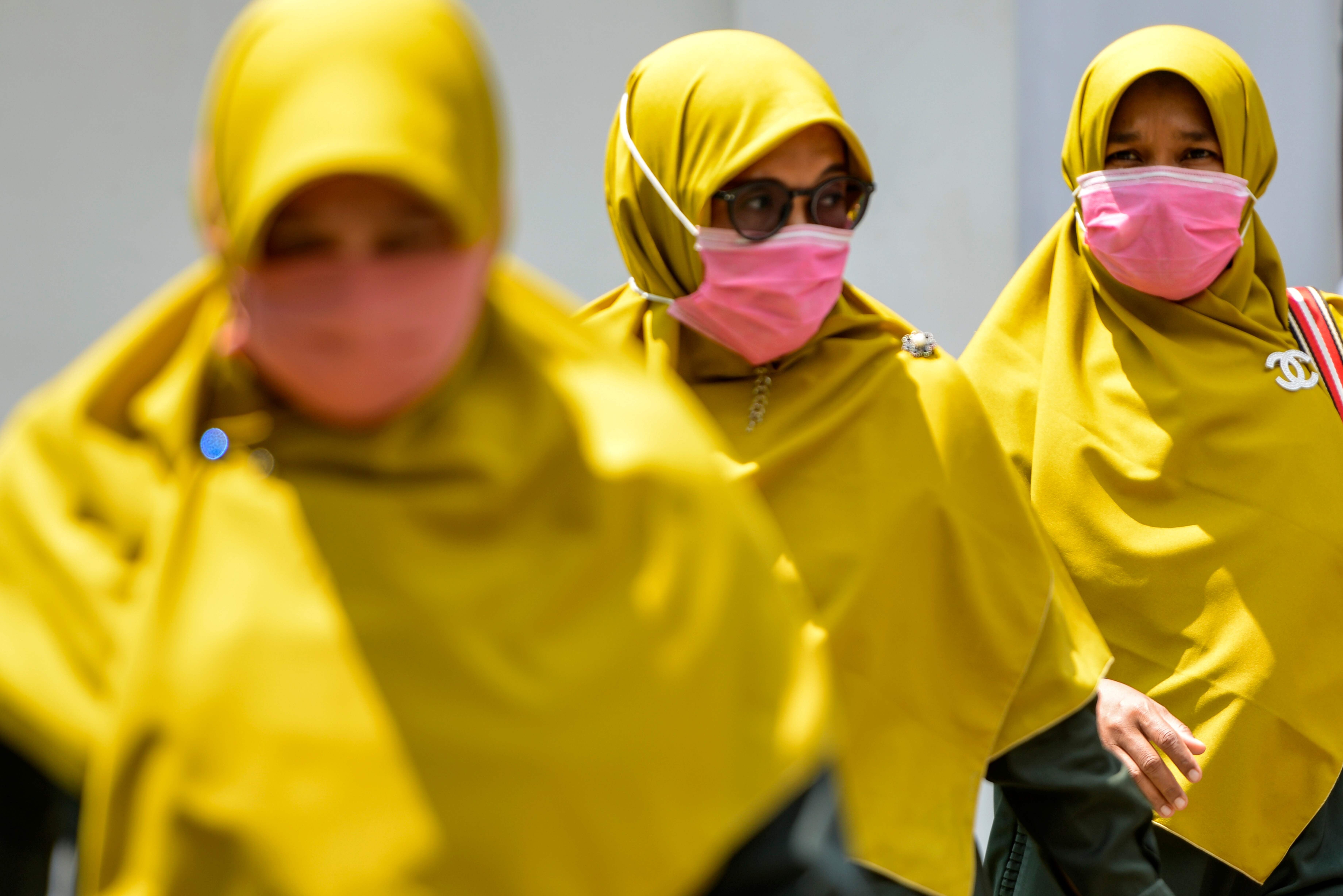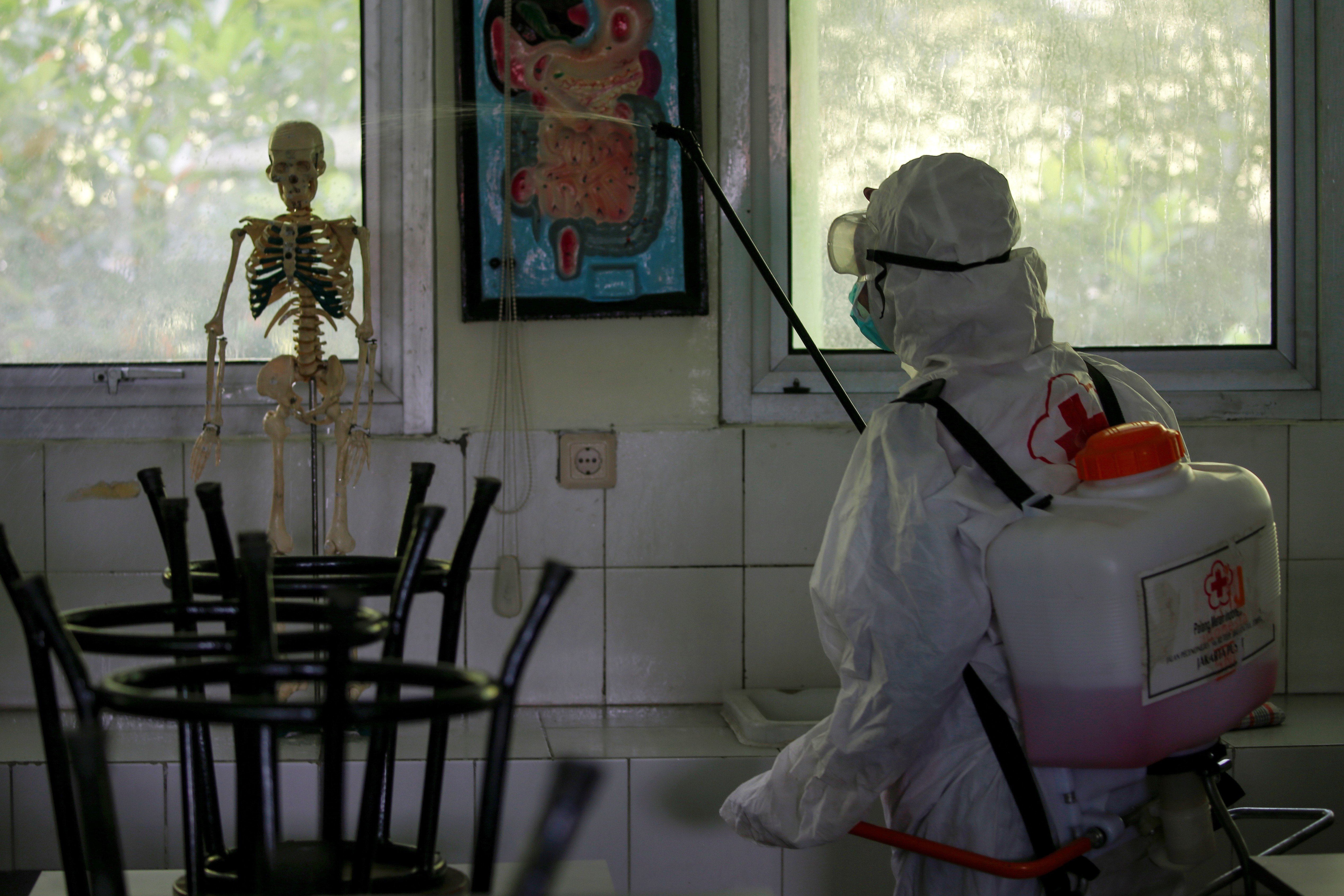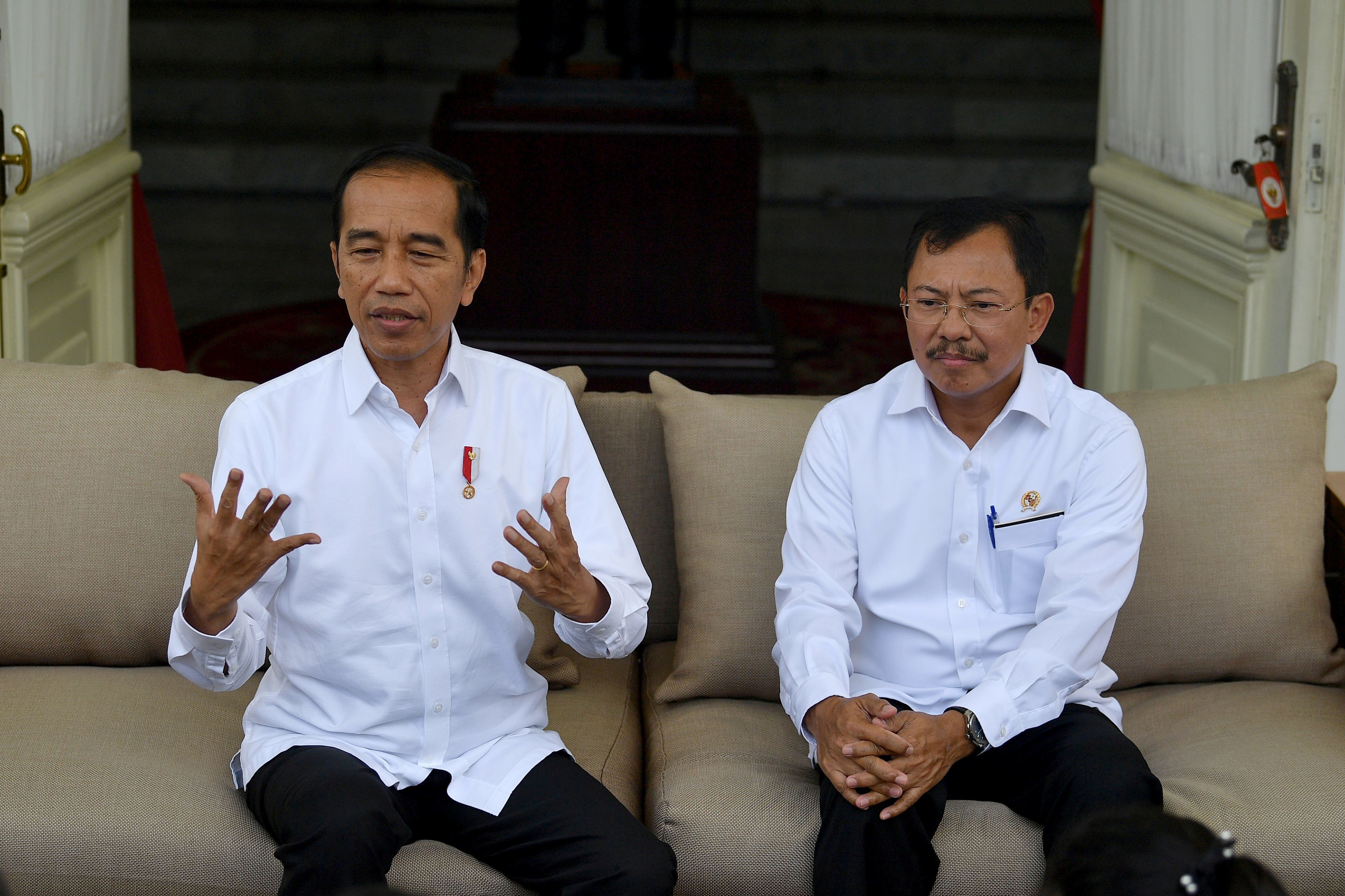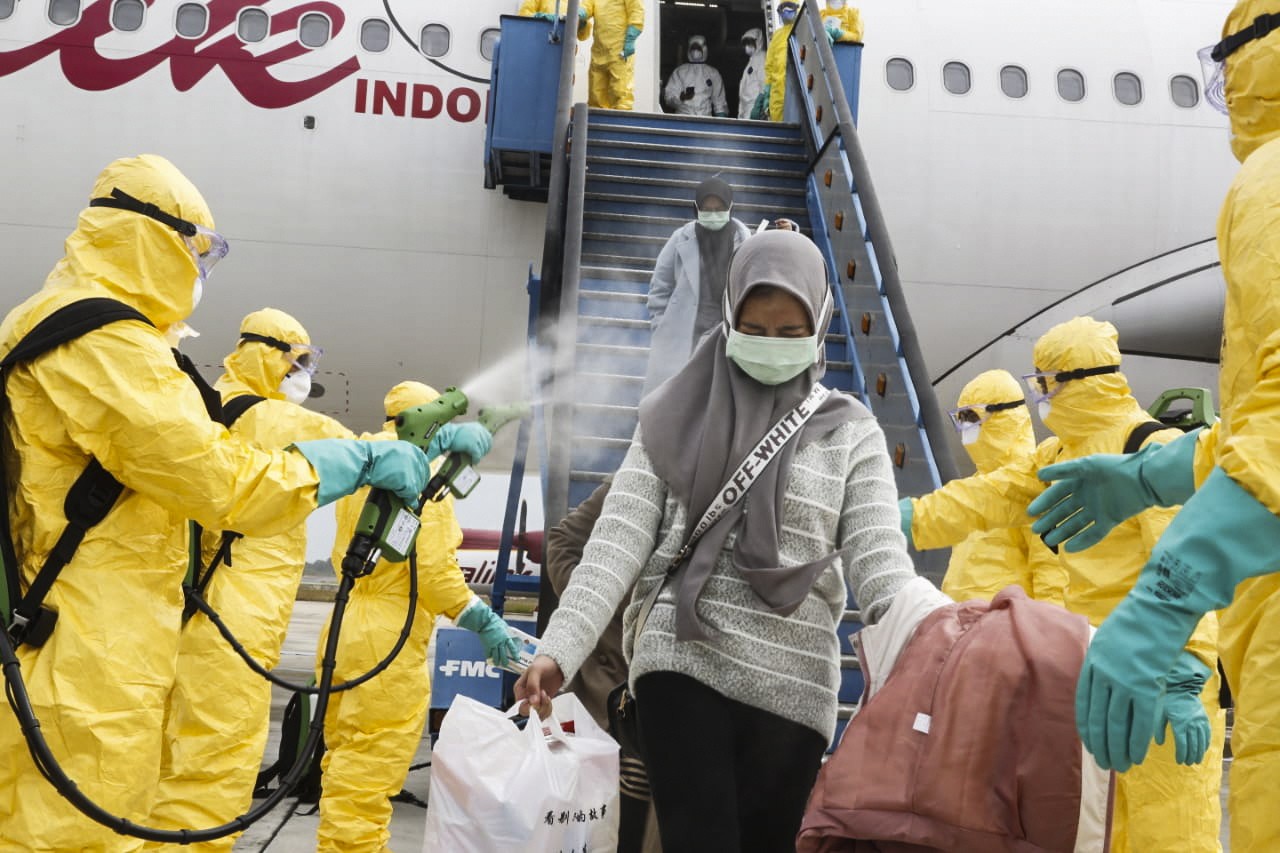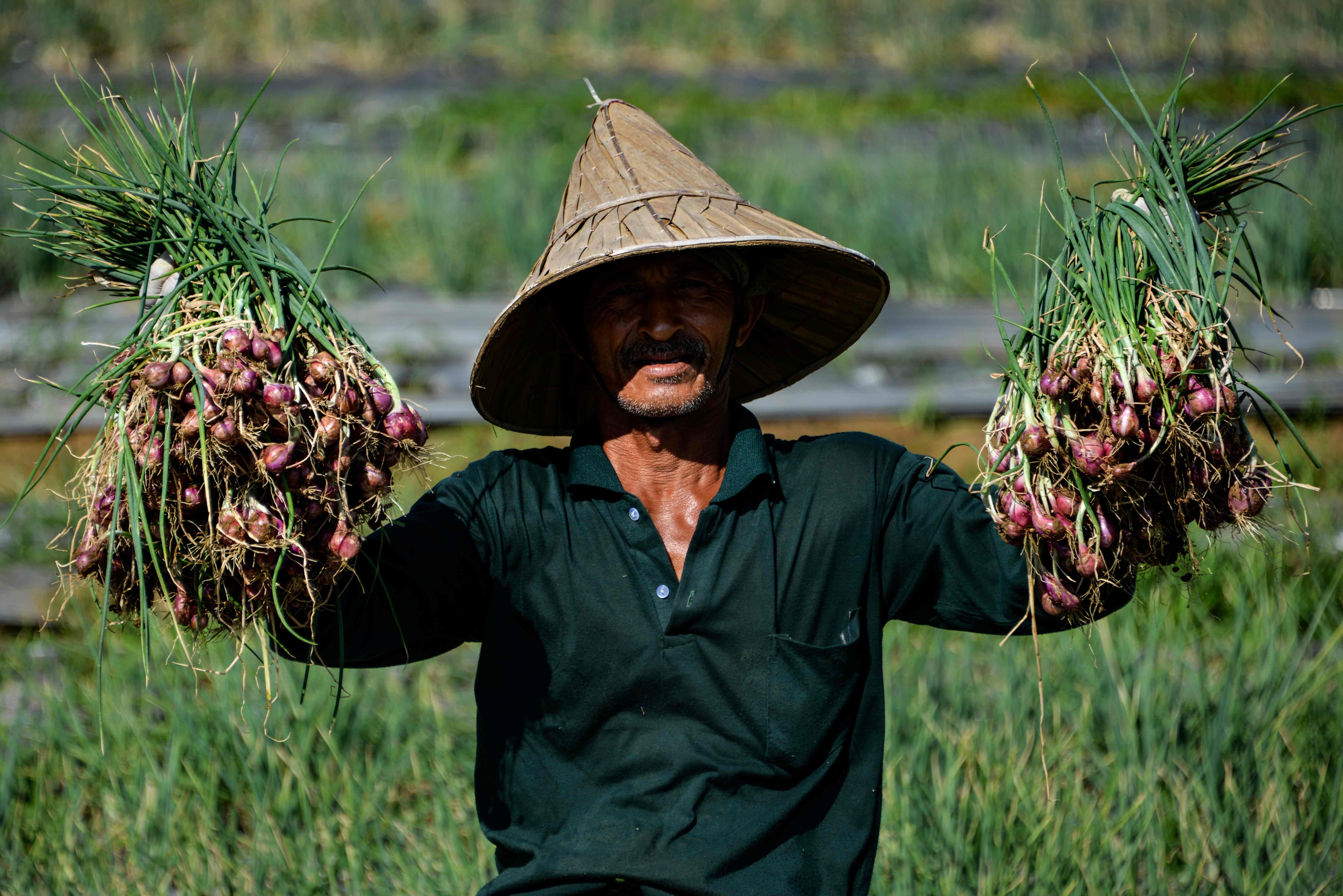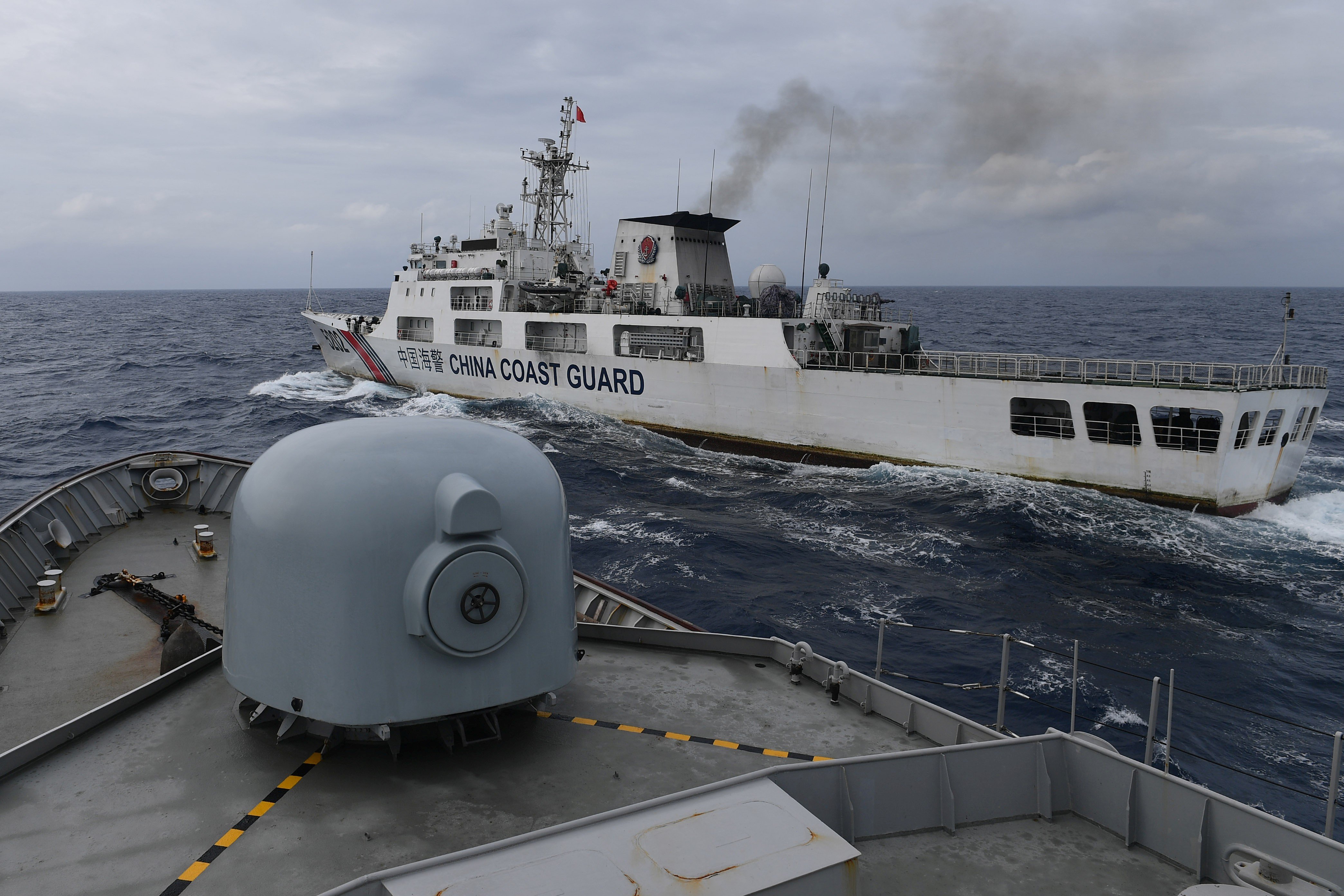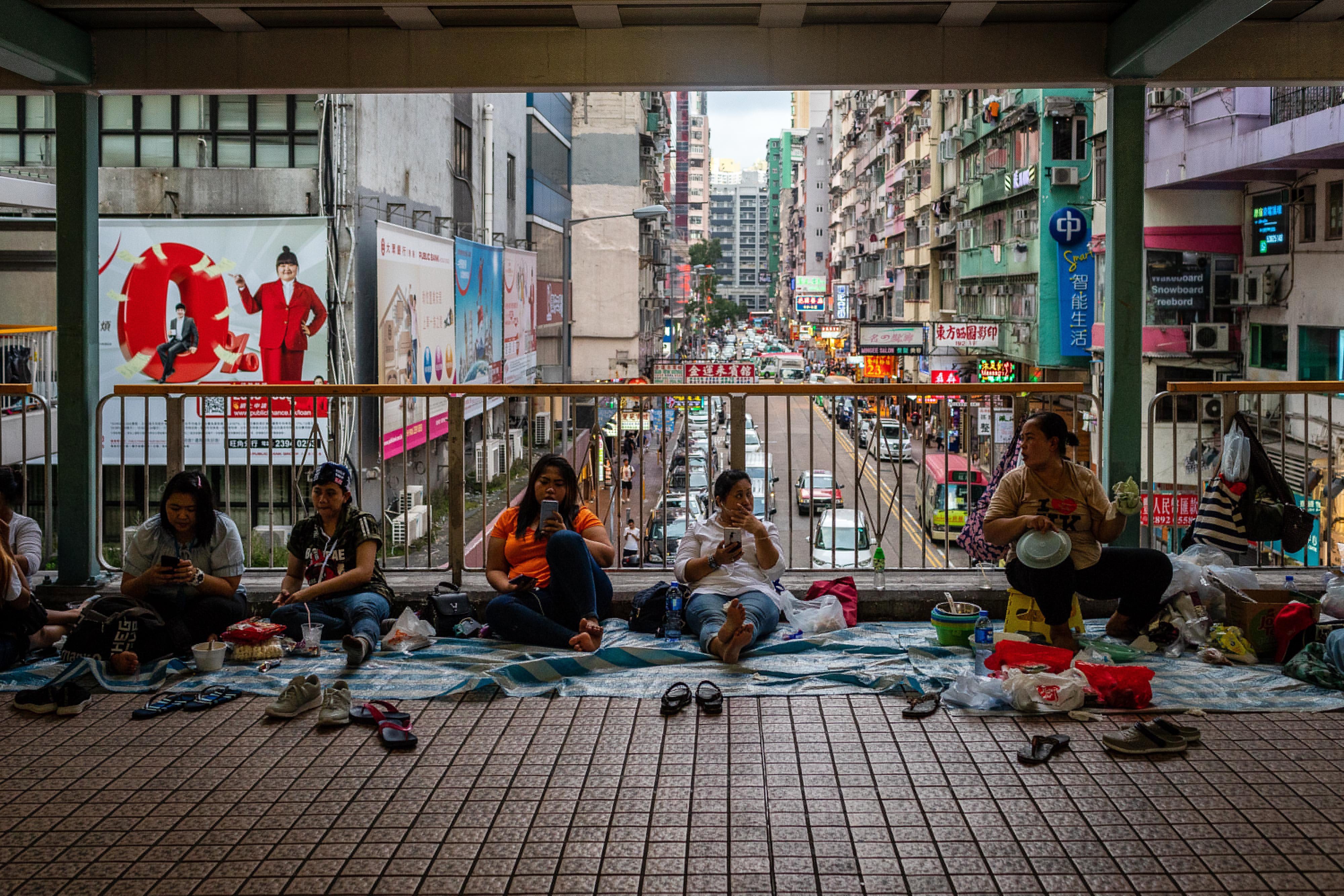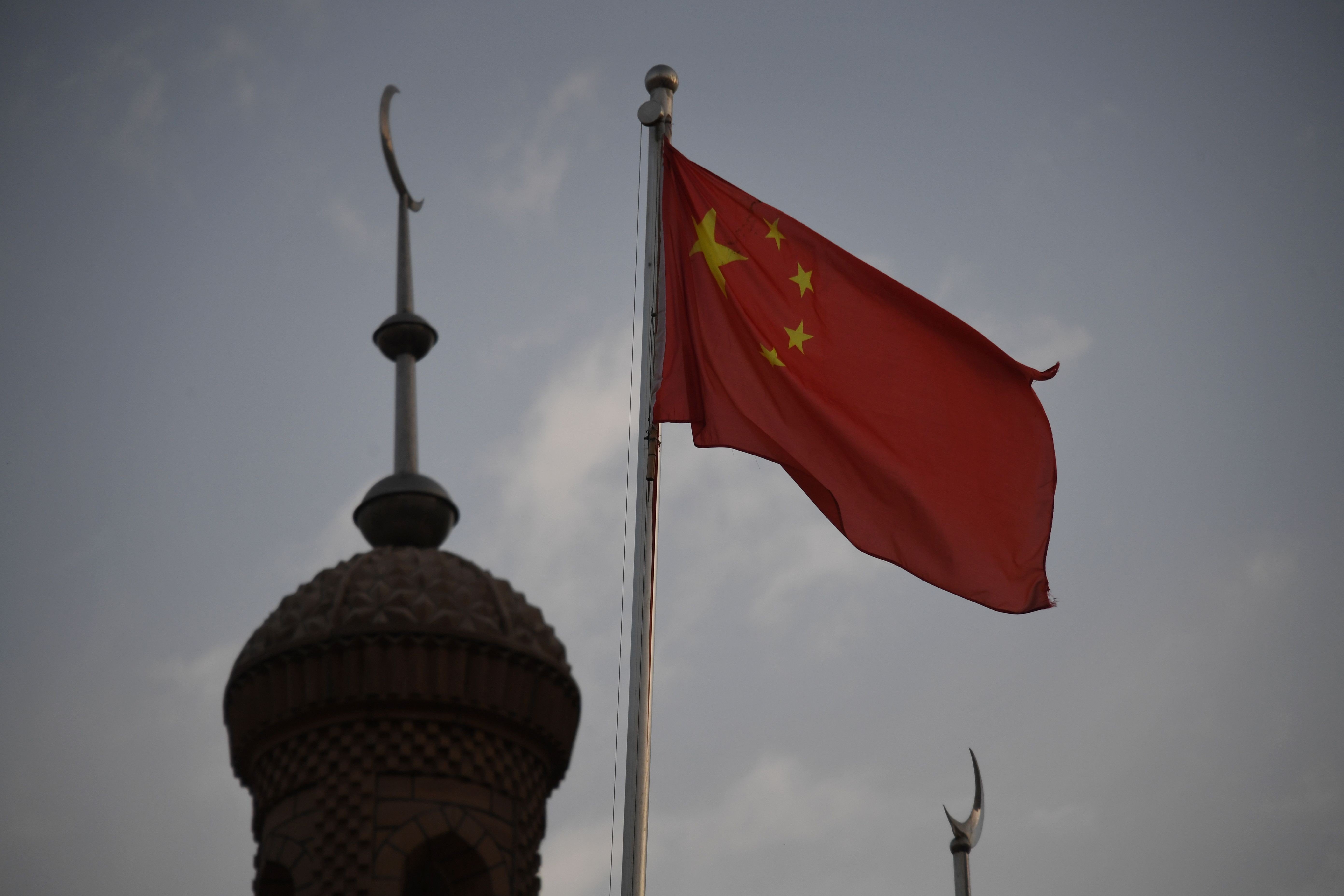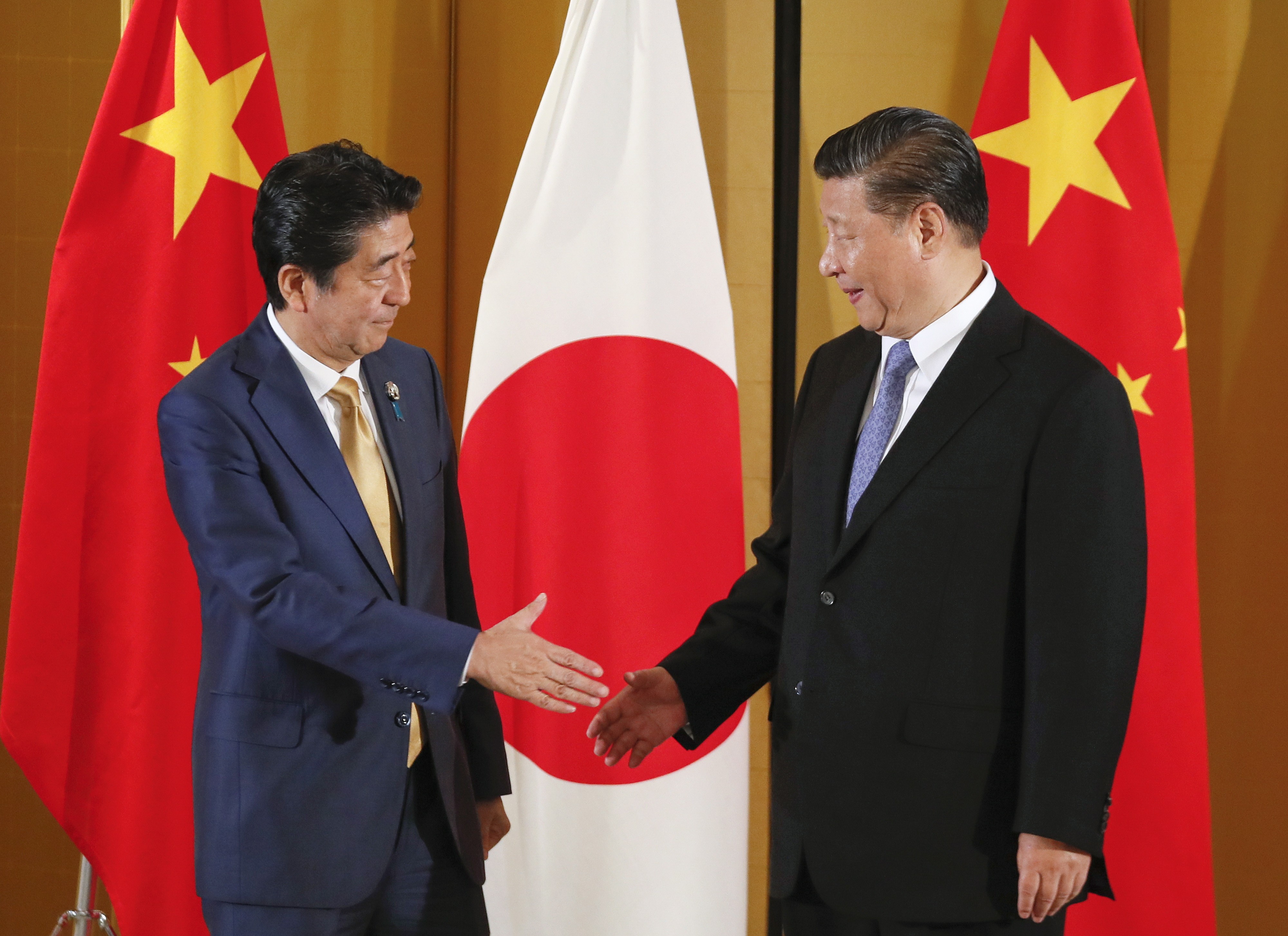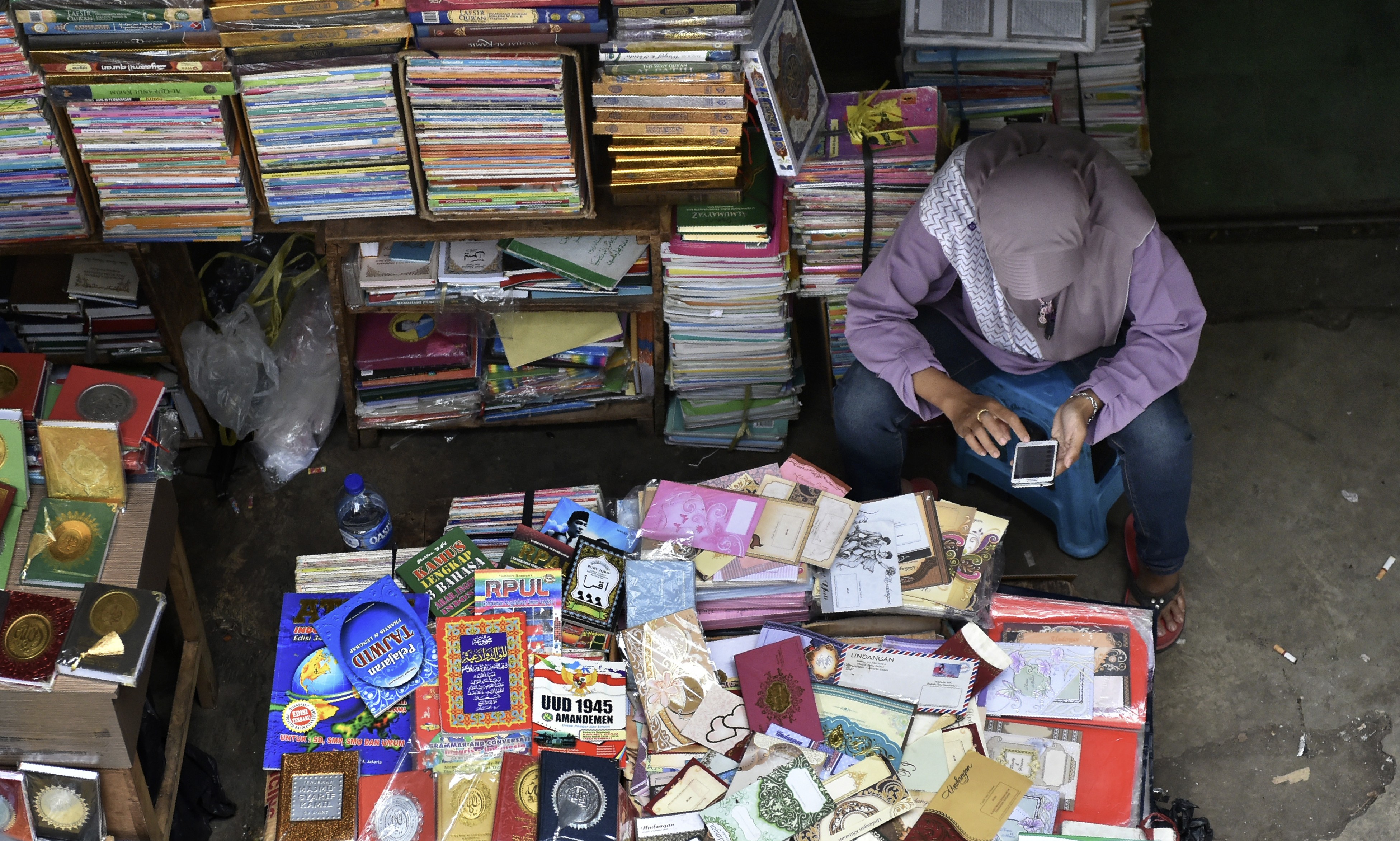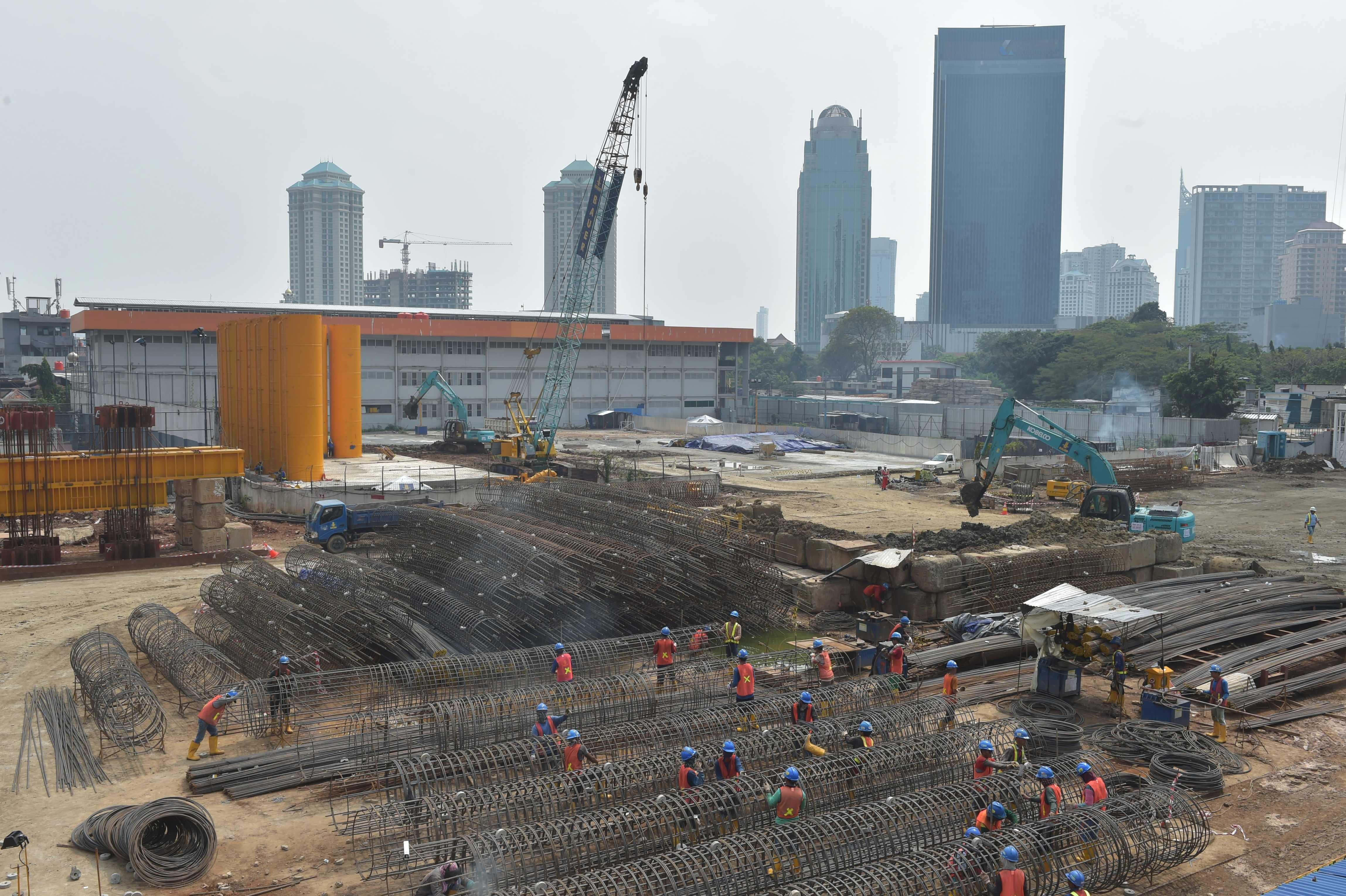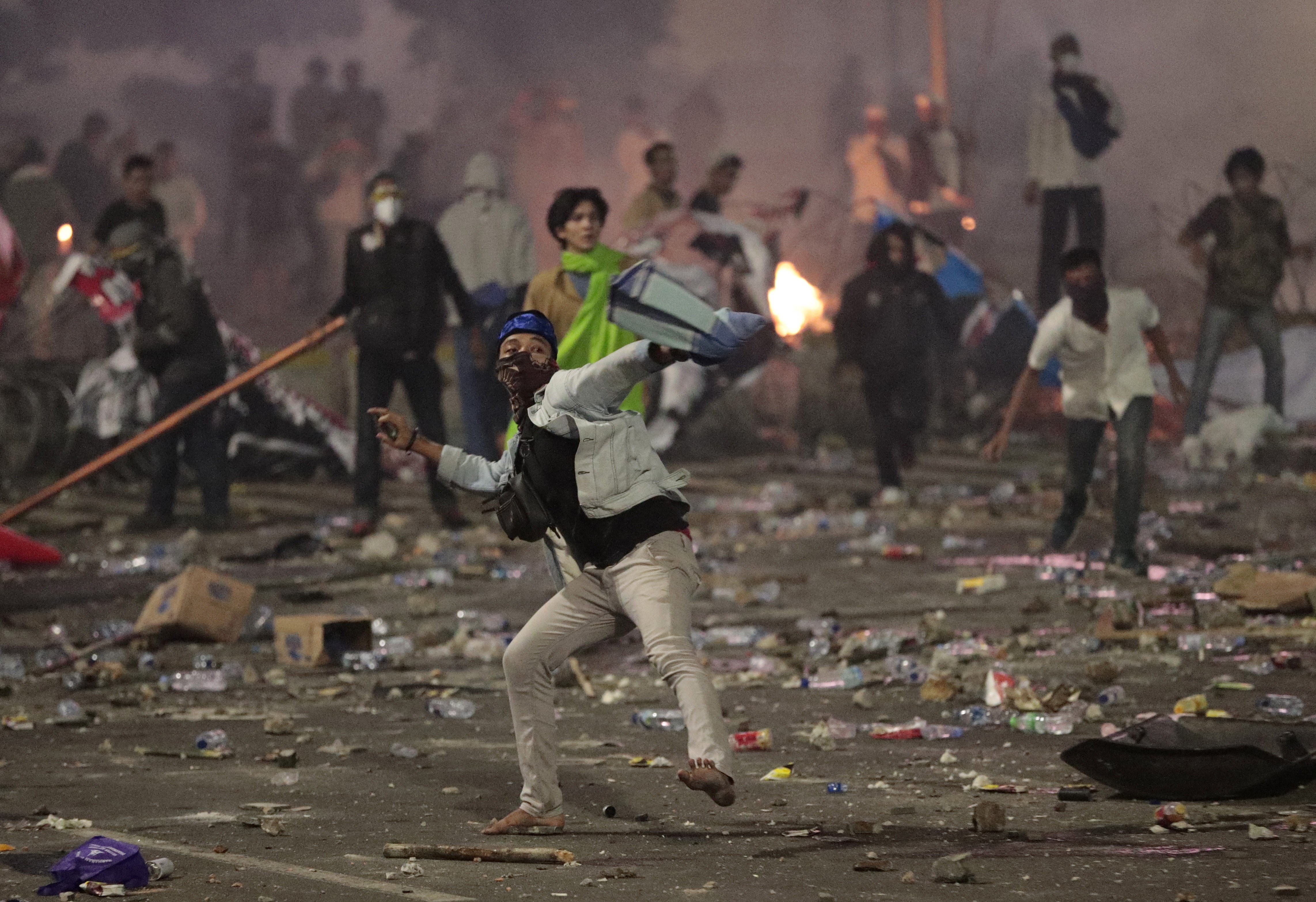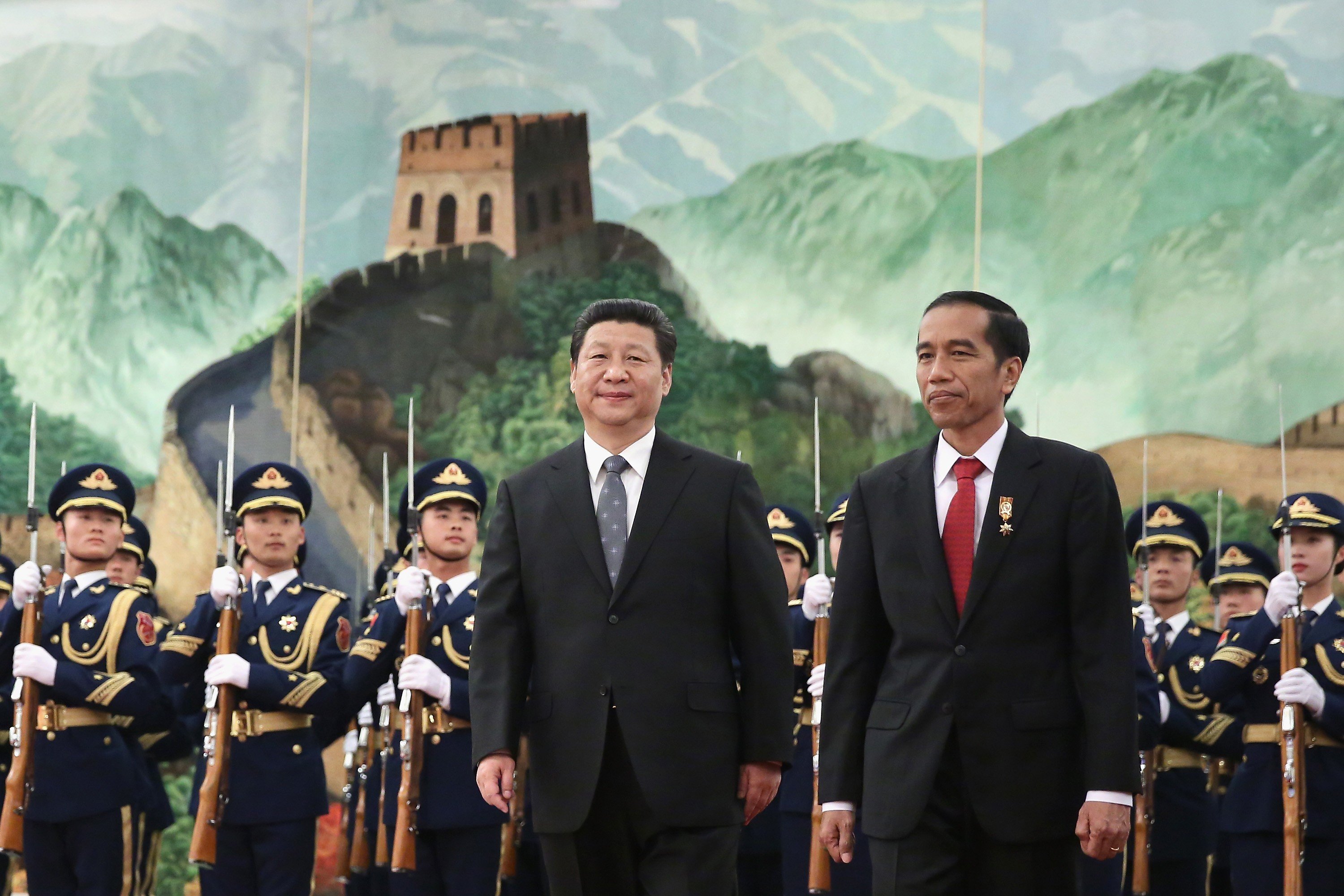
The Global Development Initiative and Global Security Initiative both sound good on paper. But Beijing must do more to convince Jakarta of the benefits.
Despite Xi’s claim of peaceful development, a stronger Chinese military presence in the Asia-Pacific will have an impact on Southeast Asian countries like Indonesia.
Interest in studying Indonesian has grown over the years, with at least 16 Chinese universities offering related modules and exchange programmes in Indonesia.
This article has been withdrawn.
Scholars argue that recipient countries are not hapless victims but actively shape outcomes. It is incumbent on them to maximise the benefits of China-backed projects while minimising any potential drawbacks.
China’s effort to provide scholarships to Santri students can be considered an attempt to legitimise its interests in Indonesia, but in accepting the scholarships, the Santri students need to raise their voices on the plight of the Uygurs.
The vaccine candidate known as CoronaVac is set to be tested on some 1,620 volunteers in Indonesia starting this week, but big questions hang over who will get it if it proves successful – and whether it will work at all.
The cost of China’s section of the venture and negative local sentiment towards Beijing all play a part, as do confrontations in the Natuna Sea.
When this pandemic passes, Indonesia will need Chinese investment more than ever. Even so, Beijing should be wary of taking its foot off its soft-power pedal.
The country’s remote, isolated islands offer a perfect hiding spot for the coronavirus to fester if the Jokowi government fails to act swiftly enough.
The government’s careful attitude towards cannabis is not wrong. But it should be flexible to consider if marijuana can meet the medical needs of Indonesians.
Now that there are two confirmed cases, Indonesia needs to ensure its agencies are on the same page, follow WHO recommendations and improve transparency to prevent the epidemic from escalating.
Jakarta put 238 of its citizens evacuated from Wuhan into quarantine on the Natuna Islands without telling local authorities or residents it was making the move.
Despite seeing solid economic growth over the past decade, Indonesia still cannot meet the food needs of nearly 20 million people.
Indonesia’s health care system has flourished because of reforms, but the country’s pharmaceuticals sector faces a price squeeze because of the high cost of raw materials.
Indonesia recently forced Chinese fishing vessels from its Natuna islands, as it strengthened relations with Japan. But how will these closer Japanese ties help Indonesia face off against China?
News of hardships endured by domestic workers dominates media coverage of Hong Kong’s ties with Indonesia, which span trade, investment and tourism.
The Southeast Asian nation should use diplomatic platforms such as the Organisation of Islamic Cooperation to raise the plight of China’s Muslim minorities allegedly being held in internment camps.
Jakarta is in the middle of a tug of war between Beijing and Tokyo for economic influence. As recent investment figures make clear, that’s an enviable place to be.
In just one year, WWF Indonesia identified 2,500 adverts on Facebook and 2,207 ads on Instagram that were selling either animals or their body parts.
Beijing’s devaluation of the yuan and Trump’s decision to label China a currency manipulator have seen the trade war escalate to a new level – one that will reach Jakarta, pressuring the rupiah and widening Indonesia’s trade deficit.
Jakarta needs to drum up foreign capital to boost lacklustre economic growth so is looking to renew deep-rooted historical ties with the Middle East.
Countries like Vietnam stand to benefit as companies like Apple leave China for more profitable markets. But for Indonesia to benefit, some innovative, outward-looking policy decisions will be needed
Part of the reason for Beijing’s presence in the region is the pressing need to resolve its overcapacity problem – and to facilitate the flow of trade and investment between China and the Gulf.
The number of Chinese workers in Indonesia is tiny, yet they are often the target of fake news, as happened in post-election riots that killed 8 people in Jakarta
With a blossoming economy and strategic location, the archipelago has much to offer Chinese President Xi Jinping’s ambitious plan to grow global trade.
